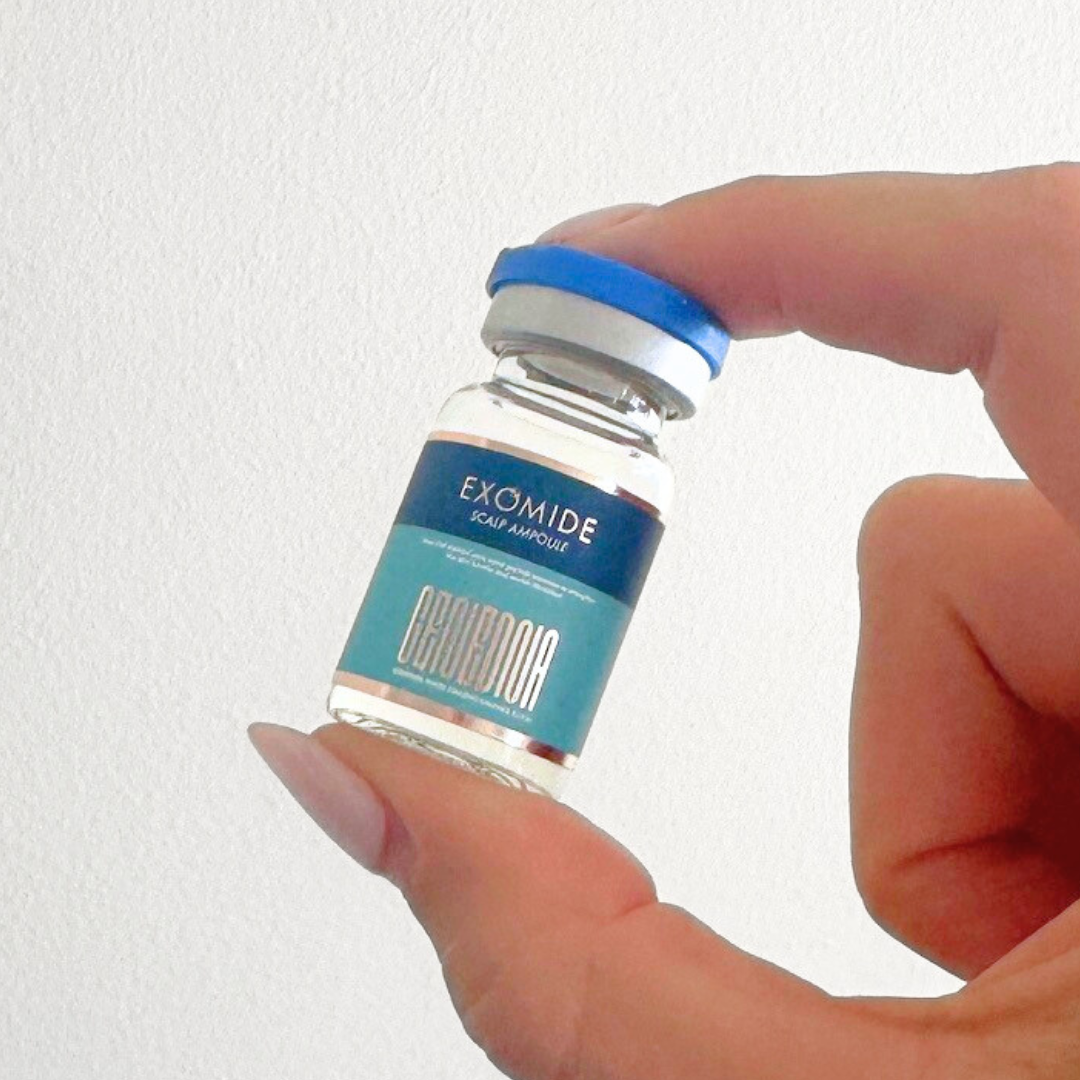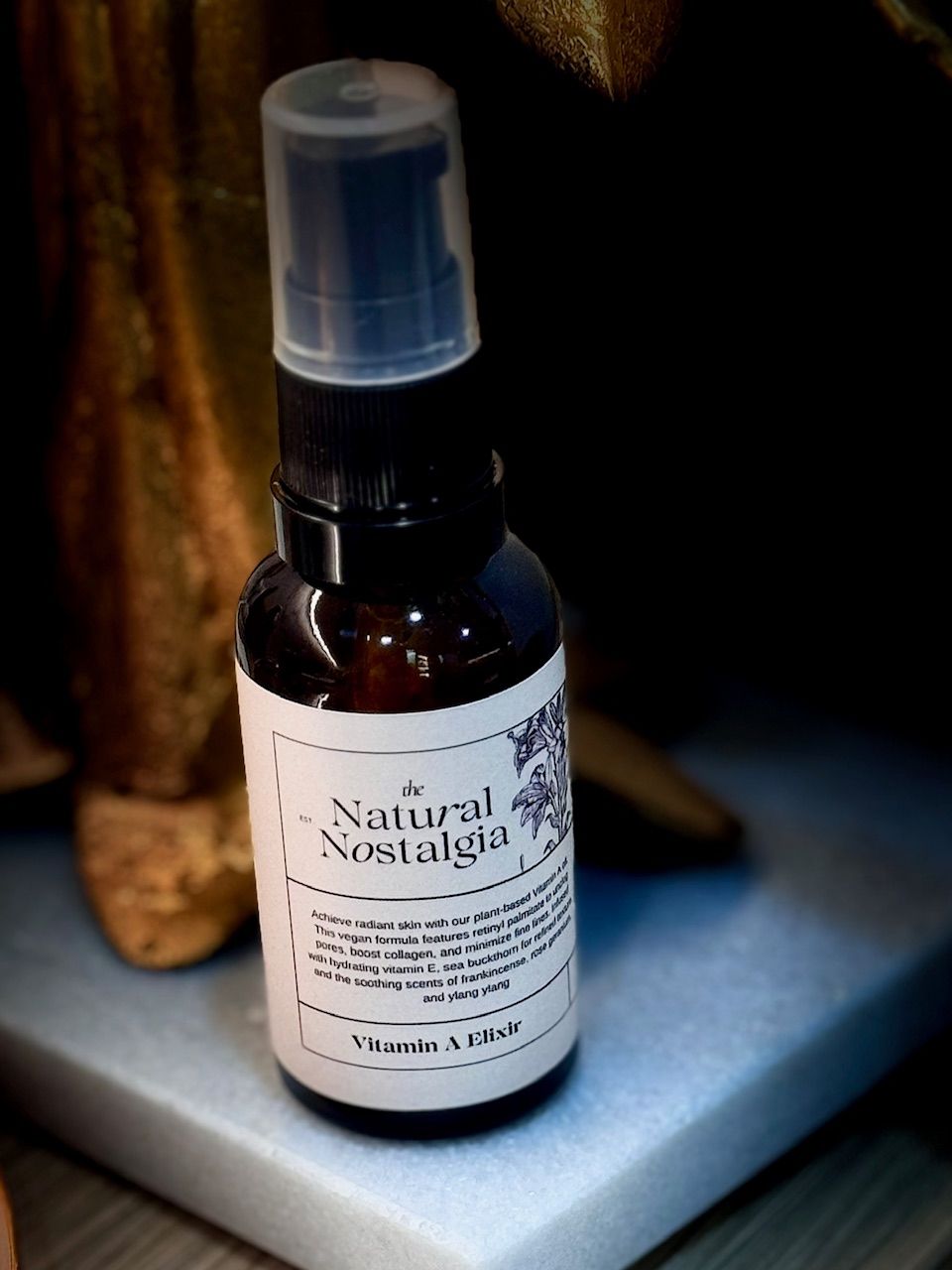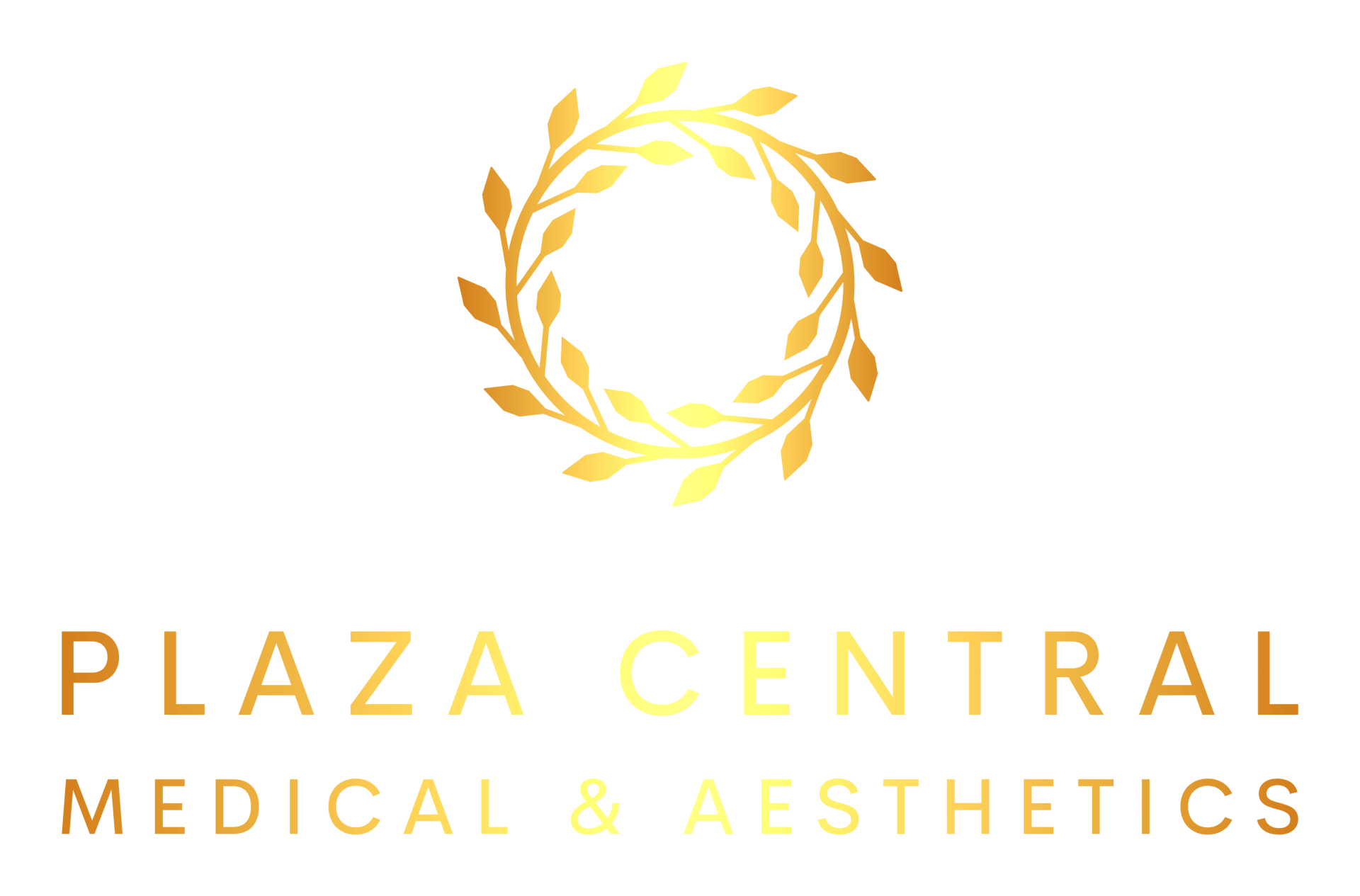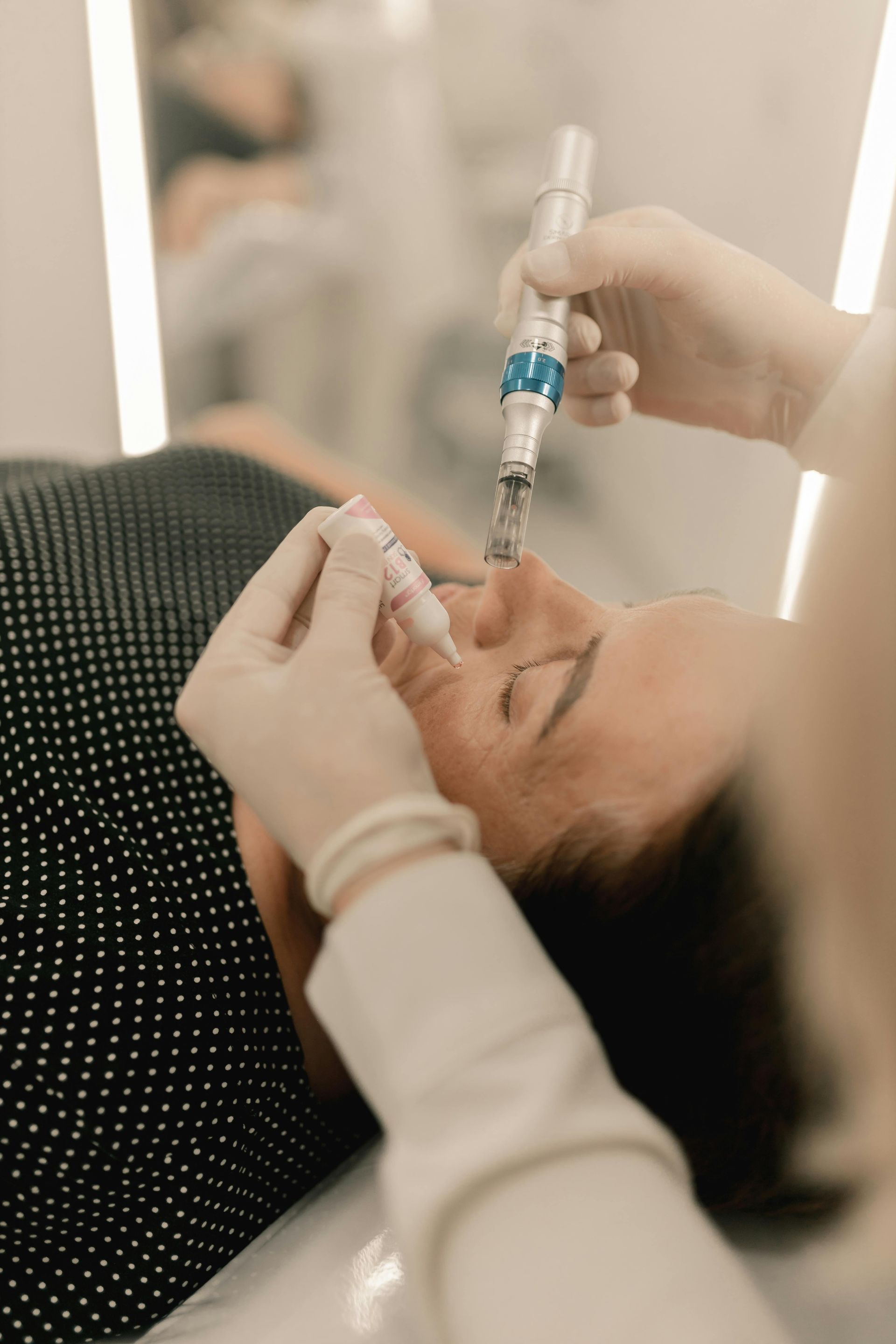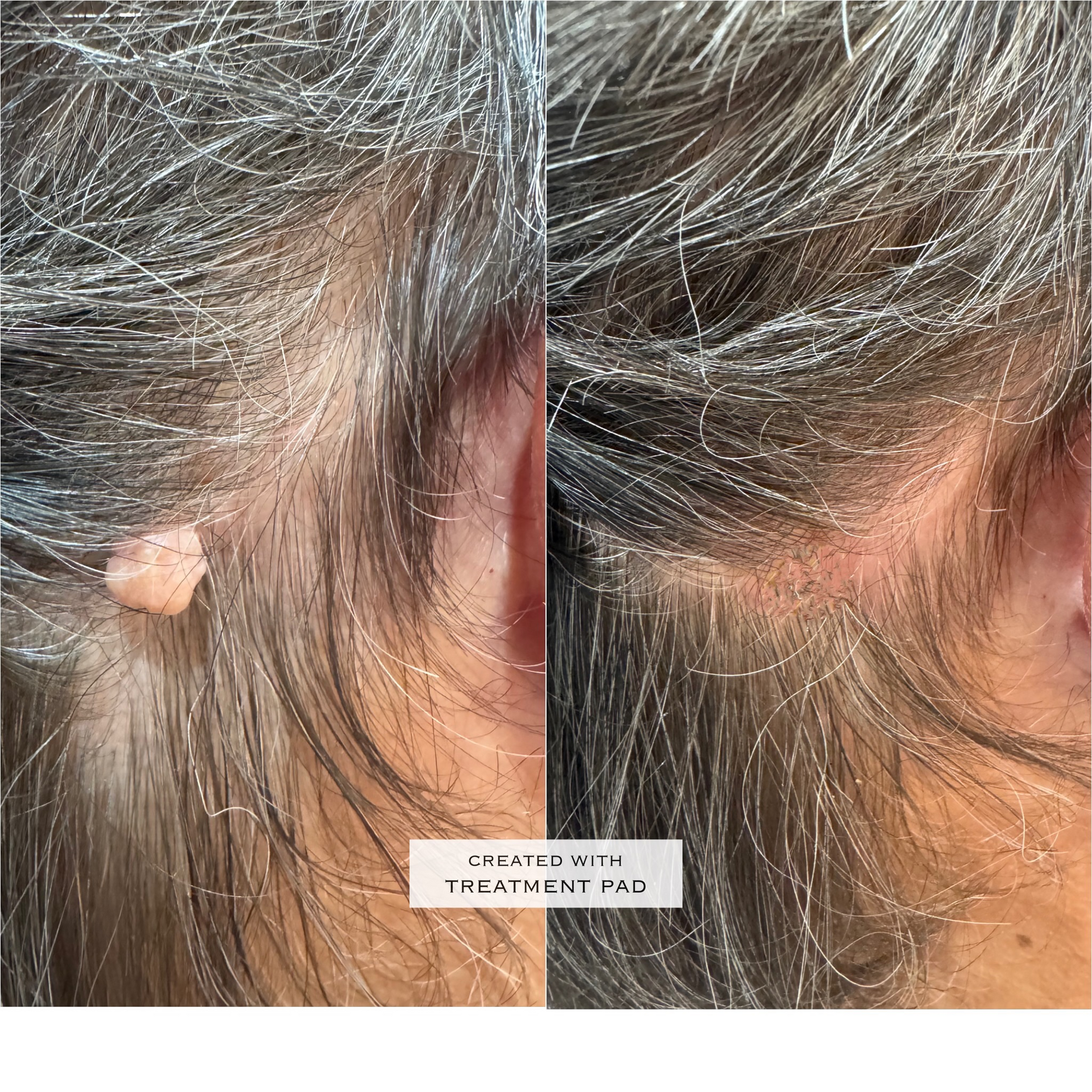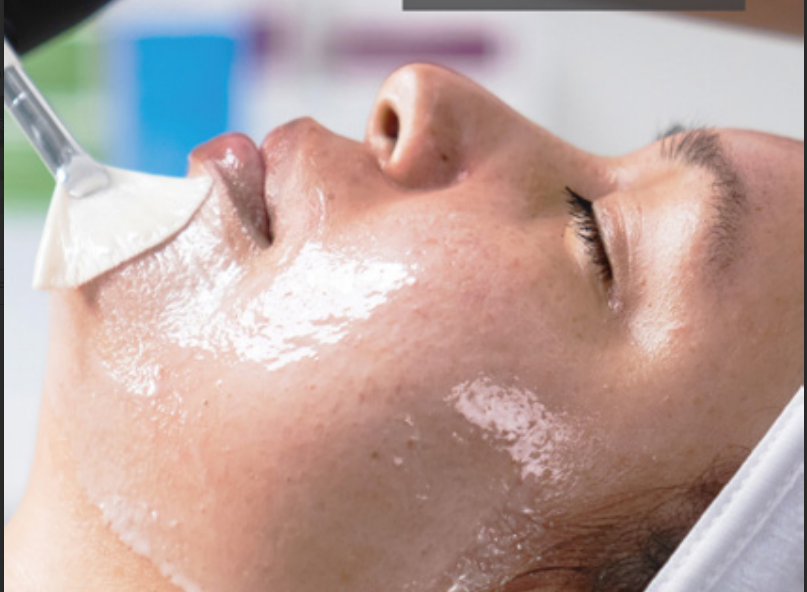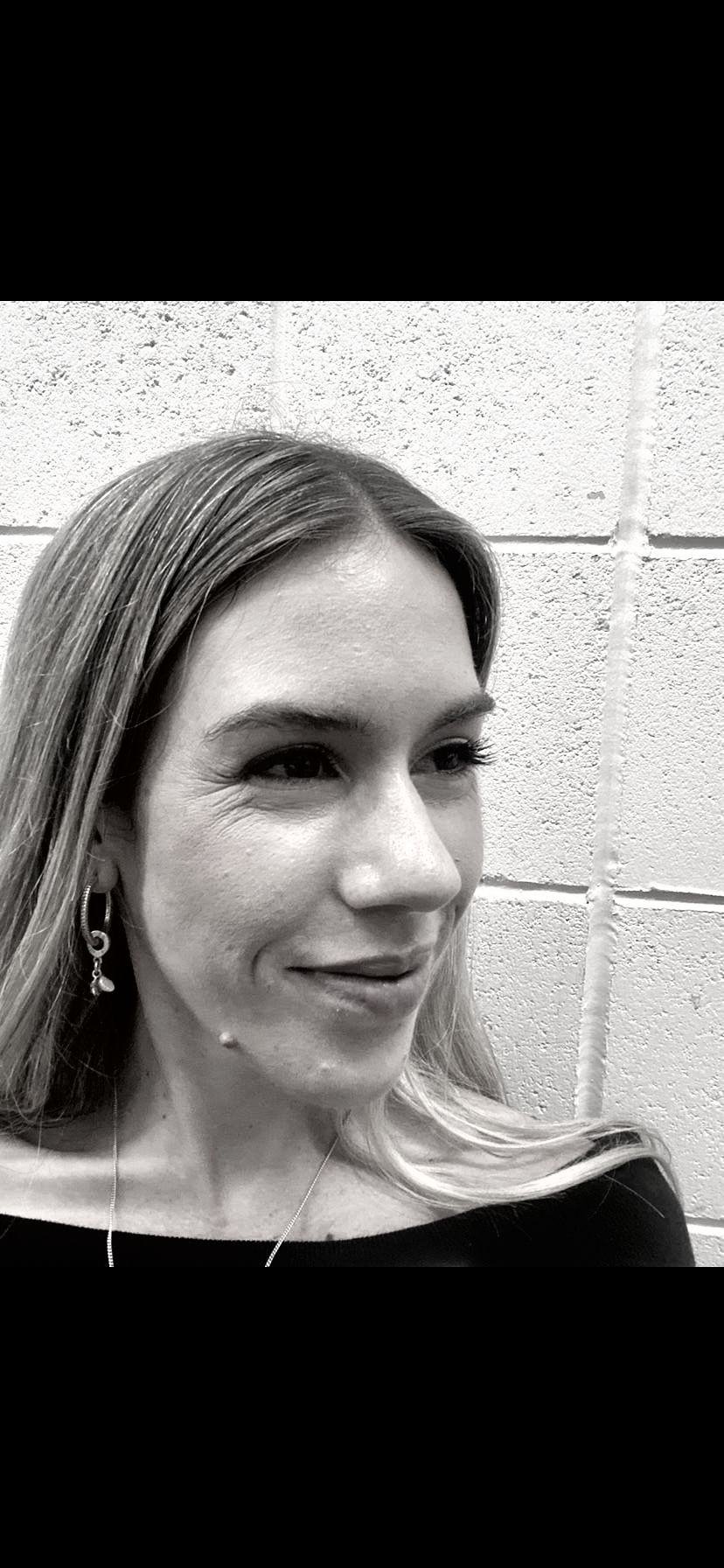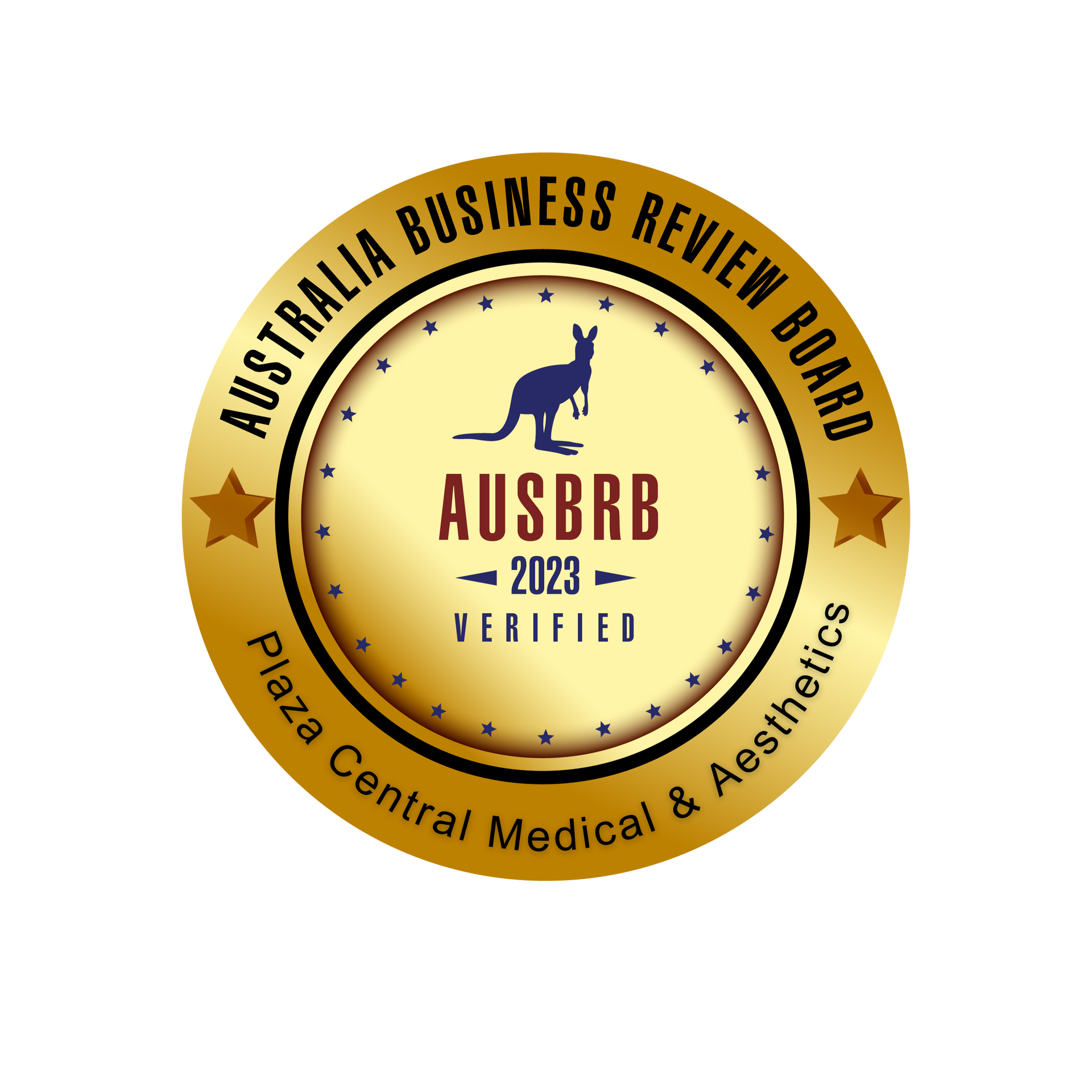The Lifesaving Power of Skin Checks
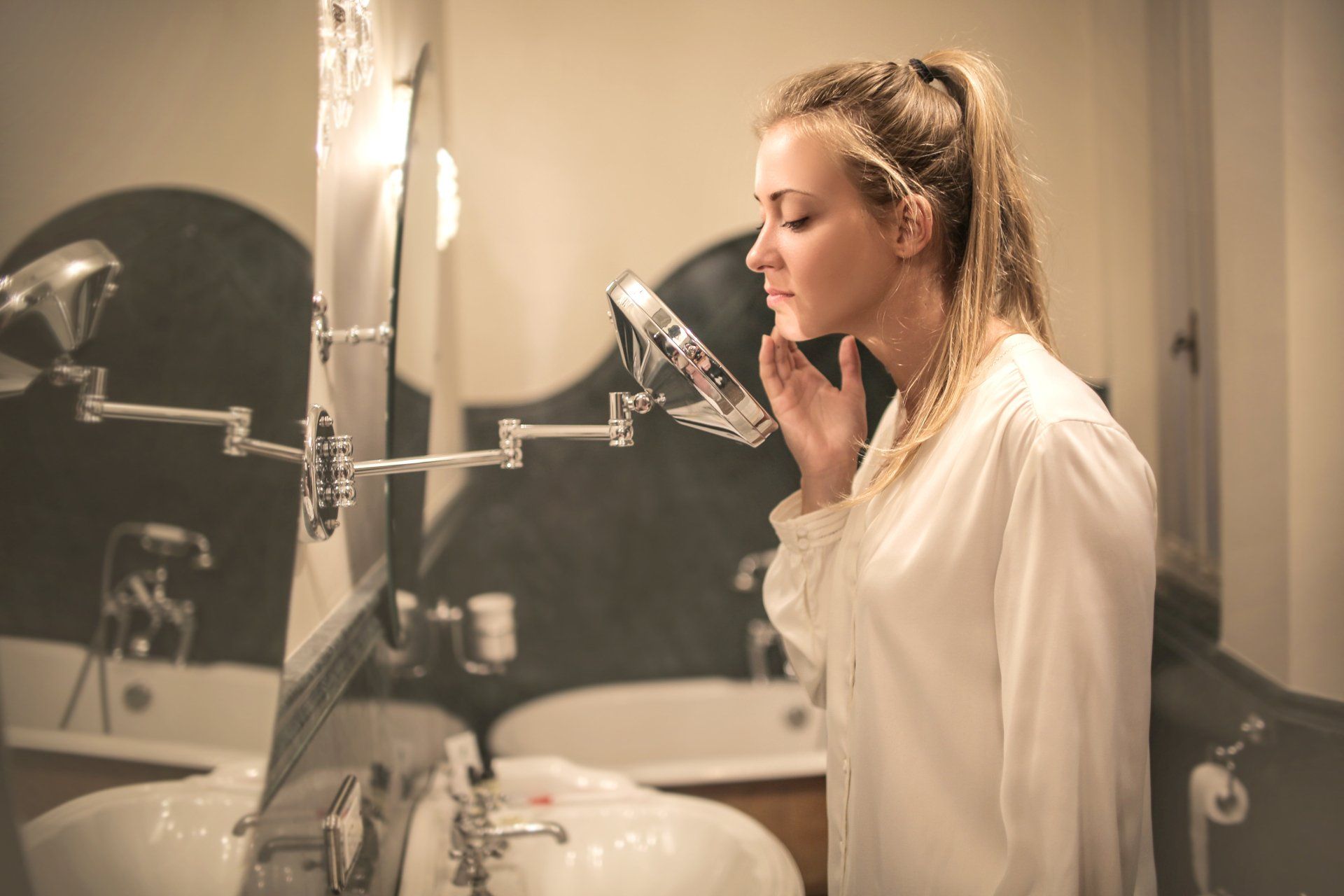
Your skin, often considered your body's largest organ, is a powerful canvas that can reveal much about your health. Beyond its aesthetic importance, it can also give clues about potentially life-threatening conditions like melanoma. Melanoma is a highly aggressive form of skin cancer that can develop from abnormal moles or appear on seemingly healthy skin. The key to beating melanoma lies in early detection through regular skin checks. In this blog post, we'll explore the critical significance of skin checks in ruling out melanomas and safeguarding your health.
Understanding Melanoma
Melanoma originates in melanocytes, the cells responsible for producing melanin, the pigment that gives colour to our skin, hair, and eyes. Unlike other skin cancers, melanoma spreads quickly to other parts of the body, underscoring the urgency of early detection and treatment.
The Importance of Early Detection
Increased Survival Rates: Statistics from the American Cancer Society reveal that the 5-year survival rate for localised melanoma, which has not spread to distant sites, is approximately 99%. This rate significantly drops when melanoma has advanced.
Manageable Treatment: Detecting melanoma early often allows for less invasive and more effective treatment options, leading to less pain and a faster recovery.
Preventing Metastasis: Melanoma can metastasize or spread to other body parts, including vital organs. Regular skin checks can identify melanoma before spreading, potentially saving a patient's life.
The Role of Self-Exams
Engaging in regular self-examinations of your skin is a fundamental aspect of early melanoma detection. Follow these steps to conduct a self-exam:
Adequate Lighting: Examine your skin in a well-lit room or use a bright lamp. A full-length mirror can help assess your entire body.
Know Your Skin: Familiarize yourself with your moles, freckles, and other skin marks to easily spot any changes.
The ABCDE Rule: Keep an eye out for any moles or marks that exhibit these characteristics:
Asymmetry: One half is unlike the other.
Border irregularity: The edges are uneven or notched.
Colour variation: Different shades of brown, black, or other colours within the same mole.
Diameter: Moles larger than 6mm (about the size of a pencil eraser).
Evolving: Moles or skin lesions that change in size, shape, colour, or elevation.
New Moles or Changes: Pay close attention to any new moles or changes in existing moles. If you notice anything suspicious, consult with your GP.
The Role of Professional Skin Checks
While self-exams are crucial, they should complement, not replace, professional skin checks by a dermatologist. Dermatologists are trained to spot skin abnormalities that might go unnoticed during self-examinations. It's advisable to have a full-body skin examination by a dermatologist at least once a year, especially if you have a family history of skin cancer or other risk factors.
Conclusion
Regular skin checks are not merely cosmetic; they are a matter of life and death when it comes to melanoma. By remaining vigilant about changes in your skin and seeking professional evaluation, you can identify melanoma at its earliest stages, when treatment is most effective. Don't underestimate the importance of skin checks; they could be the key to saving your life. Make skin health a top priority and schedule that dermatologist appointment today. Your skin—and your life—will thank you for it.
At plaza Central medical and Aesthetics, we do skin checks. Dr Nath, with his extensive experience in surgery and skin checks, will be able to provide you with the best possible solutions for your concerns.
References:
American Cancer Society. (2021). Melanoma Skin Cancer. [https://www.cancer.org/cancer/melanoma-skin-cancer.html]
Skin Cancer Foundation. (2021). Melanoma. [https://www.skincancer.org/skin-cancer-information/melanoma/]
National Cancer Institute. (2021). Melanoma Treatment (PDQ®)–Patient Version. [https://www.cancer.gov/types/skin/patient/melanoma-treatment-pdq]
World Health Organization. (2021). Skin cancers. [https://www.who.int/cancer/prevention/diagnosis-screening/skin_cancer/en/]
American Academy of Dermatology. (2021). Skin Cancer. [https://www.aad.org/public/diseases/skin-cancer]
Read our blogs
